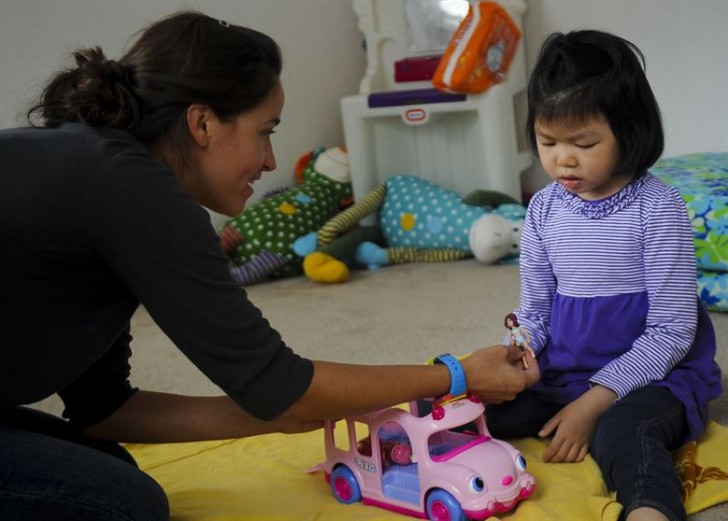Some tips to handle a child’s temper tantrum without raising your voice

You are at home and for five minutes your two-year-old toddler has not stopped shrieking, crying like crazy, and beating their feet on the floor.
You have tried, in vain, to explain to them in a normal tone of voice the reasons why they should immediately stop their temper tantrum, and your patience has reached its limit.
Now, you feel you cannot hold back your anger, after all, it has been more than five minutes that you have been trying to resolve this issue, so then you start yelling, too.
In fact, you yell loudly so that finally your voice overwhelms theirs, and makes them afraid so that they will stop, and because, simply, you have to vent yourself.
But your child, inexorably, continues their temper tantrum. How do you make them stop, without also transforming yourself into a screaming child?
via naranxadul.com

Children who cry desperately, kicking and crying, are demonstrating with the only tools at their disposal that something around them is not going the way they would like.
However, their tender age and their temper tantrum, during which the brain stops communicating with the frontal lobes, the area of self-control - prevent them from expressing themselves differently. You, therefore, must assume that at that moment your child is not able to listen to you, because their brain is blocked.
Just like when newborn babies cry desperately due to hunger, it is necessary to reassure your child - and the best way to do this is to create an environment in which the child feels safe. How?

First, sit down on the floor near them; if the child is punching and kicking wildly, do not hug the child, but take their hand and hold it gently in yours, so that the child stops perceiving you as a threat - a feeling that increases if instead, you are yelling. In addition, here are some other strategies that can help you manage the situation as well as possible:
- Do not interpret your child's temper tantrums as something personal against you;
- Breathe during moments of daily stress, breathing will help you control your mind;
- Remember that the limits to be set are those that guarantee everyone's safety;
- Try to figure out what needs your child is trying to express - usually it is sleep, hunger or some sudden emotion like fear or confusion
So, arm yourself with a lot of patience, hugs, and encouragement for when your child has finally stopped crying.





